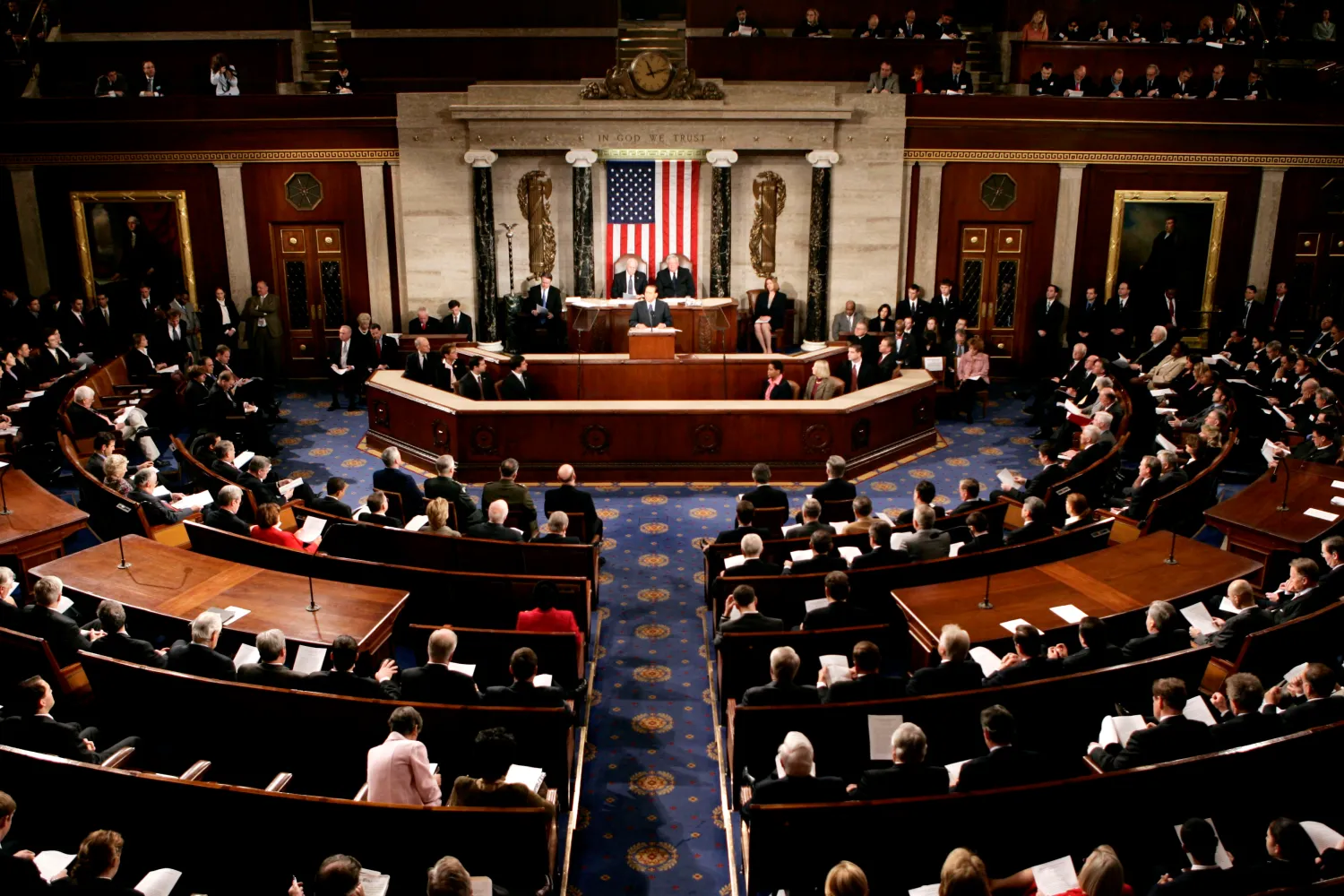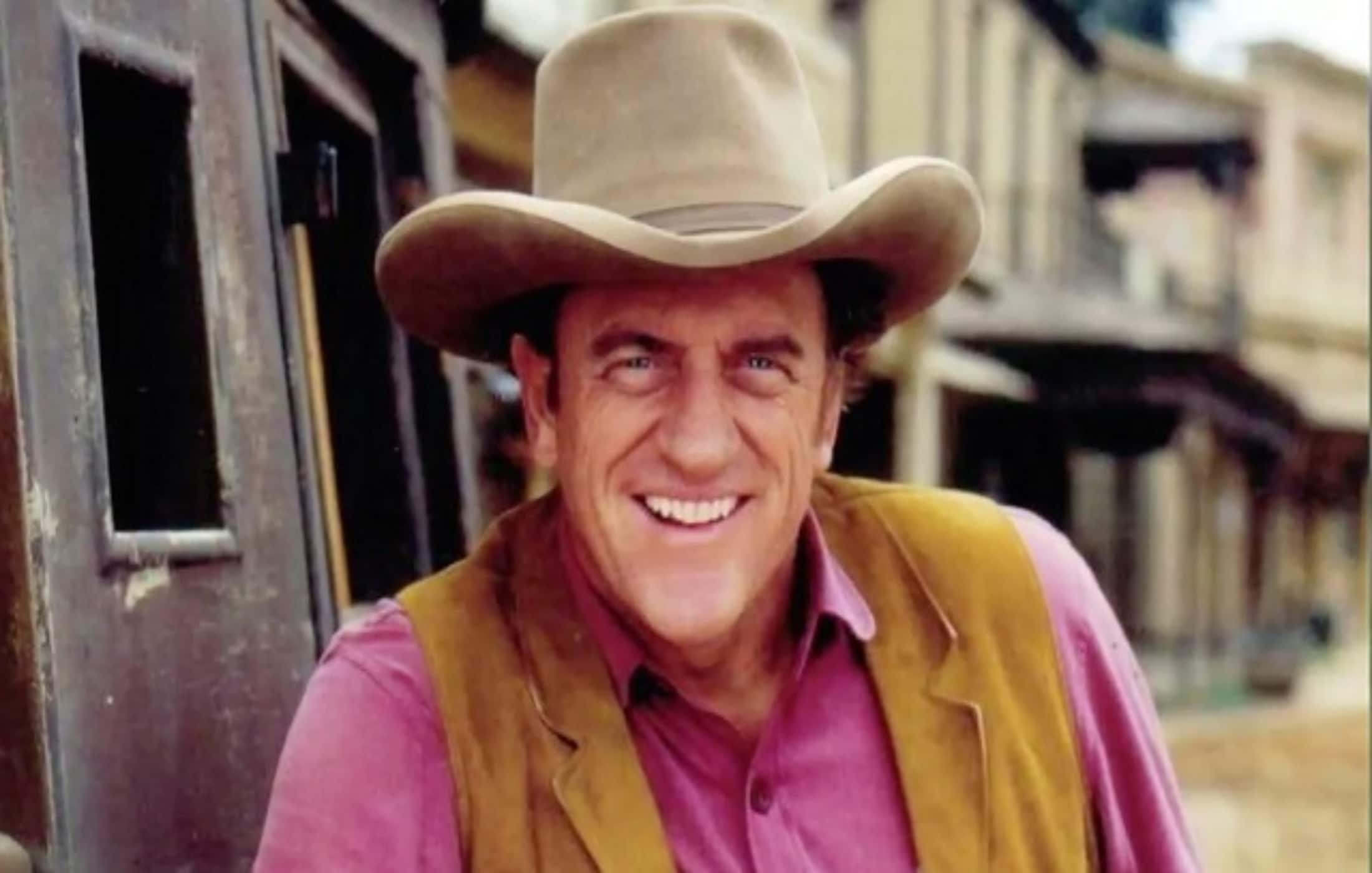In a major step for President Donald Trump’s foreign policy agenda, the GOP-led Senate confirmed three billionaire businessmen to high-profile ambassadorial roles on Tuesday, filling posts in the United Kingdom, Turkey, and Italy. All three are longtime Trump donors and allies, and their appointments come as the president’s approval ratings climb, despite controversy over his assertive trade policies.
Wealth and Influence in Top Diplomatic Roles
Each nominee secured Senate approval with varying degrees of bipartisan support. The confirmations further highlight the administration’s preference for politically connected business leaders in prestigious diplomatic positions.
Warren Stephens: Ambassador to the United Kingdom and Northern Ireland
Stephens, an investment banker from Arkansas and former CEO of Stephens Inc., was confirmed in a narrow 59-39 vote. His confirmation comes at a pivotal time as the UK navigates post-Brexit transitions and prepares for national elections. Once a Trump critic—donating $1M in 2016 to an anti-Trump PAC—Stephens has since become a major backer, contributing $3M to MAGA Inc. in 2024.
Tom Barrack: Ambassador to Turkey
Private equity veteran and longtime Trump confidant Tom Barrack was approved 60-36. Known for leading Trump’s 2017 inauguration and founding Colony Capital, Barrack has longstanding ties to the Middle East. His nomination was controversial due to past legal troubles—he was acquitted in 2022 of acting as an unregistered foreign agent. He now takes on the diplomatically sensitive post in Ankara, where U.S.-Turkey relations remain tense over Syria, NATO issues, and Erdogan’s foreign policy.
Tilman Fertitta: Ambassador to Italy
Fertitta, a hospitality mogul and owner of the Houston Rockets, received strong bipartisan backing with an 83-14 vote. CEO of Landry’s Inc., Fertitta brings experience from an empire that includes restaurants, casinos, and hotels. His appointment comes as Italy faces economic and political hurdles, and aligns with Trump’s focus on strengthening ties with nationalist-leaning European leaders.
Political Giving and Diplomatic Rewards
All three ambassadors have contributed millions to Trump-aligned efforts. Their appointments reflect the long-standing, bipartisan practice of awarding prestigious ambassadorial posts to wealthy donors—a system some criticize as favoring money over merit, though others argue business leaders bring practical skills to diplomatic roles.
Rising Poll Numbers Bolster Trump
The appointments follow new polling showing Trump’s approval rising to 53%, up four points from the previous week. His aggressive new tariffs, including measures targeting allies, have sparked debate but appear to be resonating with voters. Gains include a 13-point bump among 18–29-year-olds and double-digit increases among independents, Democrats, and Black voters.
Diplomatic Challenges Ahead
The new ambassadors inherit complex diplomatic landscapes:
- UK: Stephens must balance Trump’s push for a U.S.-UK trade deal with EU sensitivities post-Brexit.
- Turkey: Barrack faces tough geopolitical dynamics, including U.S.-Russia-Turkey tensions and domestic democratic backsliding.
- Italy: Fertitta will represent U.S. interests in a key G7 country amid economic uncertainty and EU-wide challenges.
A Business Approach to Diplomacy
While some question their lack of diplomatic experience, the new ambassadors are expected to bring a business-minded approach to foreign policy—focused on deal-making, trade, and strategic partnerships. Their performance may influence how future administrations weigh political loyalty and financial support against traditional diplomatic credentials.




